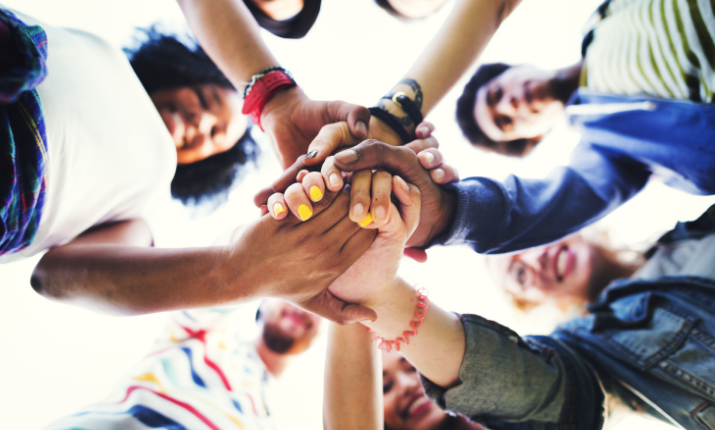Culturally safe workplaces for everyone
MEAA actively encourages a healthy and culturally safe workplace for all Aboriginal and Torres Strait Islander people, BIPOC and LGBTIQ+ workers across all industries.
Why should employers ensure their workplaces are culturally safe?
Employers should work towards providing a workplace that is inclusive and culturally responsible, fosters respectful relationships, and recognises cultural and historical diversity. They must ensure that cultural safety is upheld, and that racism or discriminatory behaviours are not tolerated in any capacity. Working to improve the cultural safety of employees will directly feed into the wellbeing of Aboriginal and Torres Strait Islander, BIPOC & LGBTIQ+ people and employees and their communities.
What steps employers can take to ensure culturally safe spaces?
Employers, supervisors and managers need to take an active role in improving employment conditions that pertain to cultural safety not only for the Aboriginal and Torres Strait Islander workforce but for BIPOC and LGBTIQ+ employees. In order to do this supervisors and managers have a responsibility to work towards improving their own understanding of issues relating to the Aboriginal and Torres Strait Islander staff within their organisations and projects and to lead the facilitation of learning for their non-Indigenous staff and participants.
When we speak of cultural safety we refer to the act of reflection that must be carried out by non-Indigenous people to consider their own identity or privilege and relative power in a mainstream organisation such as MEAA that undertakes work with Aboriginal and Torres Strait Islander, BIPOC and LGBTIQ+ communities.
We encourage supervisors and managers to complete exercises, independent training, work with contracts and agreements that reflect cultural safety and thoroughly read through and research cultural safety in the workplace as a means to improve their understanding. Resources and information can be obtained from local and state government departments, Supply Nation, universities, Indigenous elders and respected community members and leaders with expertise on matters related to cultural competency and safety.
What is the role of a cultural consultant is and what they will do
Cultural Consultants are community leaders with extensive knowledge of their own culture and how services can best be delivered to meet the needs of all employees or participants in a project or workplace. A cultural consultant is primarily a cross-cultural informant and content expert. Their responsibility is to provide information, concepts, ideas, strategies, perspectives and stories from personal experience.
Suggested starting places to find and engage a cultural consultant
Cultural consultants work independently and as part of organisations. You can employ independent consultants, colleagues and employees with expertise on cultural safety and protocols who are both Indigenous and non-Indigenous. It is important to note that if you are working with specific Indigenous and First Nations communities you should always try to engage with consultants from that region and if working directly with First Nations people on a project, First Nations Consultants should be employed to ensure cultural responsibility. National Indigenous consultants and consultancies are found on Supply Nation, through government departments, universities, Indigenous elders and respected community members and leaders with expertise on matters related to cultural competency and safety.
Prepared by Nathalie McLean. First Nations Organiser – MEAA/ ICMEAA
